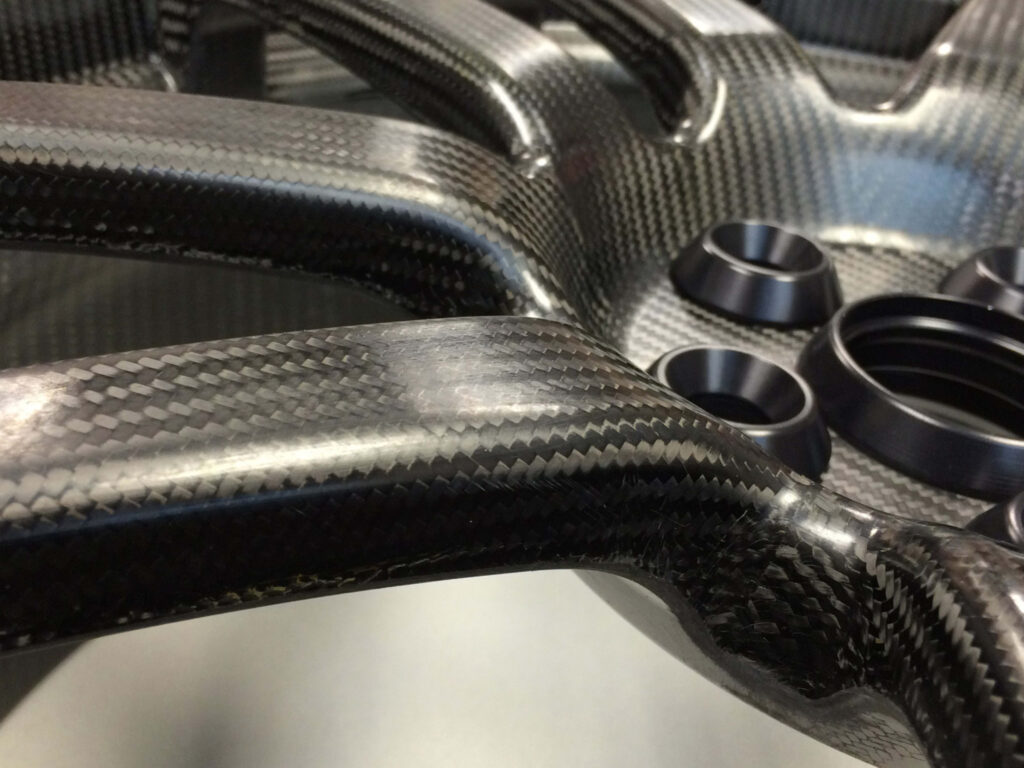The automotive industry has witnessed a significant shift towards sustainability, with manufacturers increasingly turning to lightweight materials like carbon fiber to enhance fuel efficiency and reduce emissions. Motor 1.com states that “Automakers use carbon fiber as a way to keep their vehicles light, yet strong. Sports car and EV makers especially love the lightweight material for its durability and weight savings.” But the European Union (EU) has recently proposed a ban on carbon fiber, citing environmental concerns associated with its production and disposal. This move has sparked a global debate about the future of carbon fiber in automotive manufacturing.
Carbon fiber, a lightweight and high-strength material, has become the norm in automotive manufacturing, particularly in high-performance and electric vehicles. Its ability to significantly reduce vehicle weight leads to improved fuel efficiency and reduced carbon emissions. For instance, replacing steel components with carbon fiber can reduce a vehicle’s weight by up to 60%, resulting in a 30% improvement in fuel consumption. This makes carbon fiber an attractive option for automakers striving to meet environmental regulations and consumer demand.

Despite its advantages, the EU has raised concerns about the environmental impact of carbon fiber. The production of carbon fiber is energy-intensive and involves the use of toxic chemicals, leading to pollution and waste. The substance is also not biodegradable, posing challenges for recycling and disposal at the end of a vehicle’s life cycle. In response to these issues, the EU has proposed a ban on carbon fiber in automotive manufacturing, aiming to reduce the environmental footprint of the industry. This ban may take full effect by 2029.
As African nations like Ghana, Nigeria, and South Africa continue to expand their automotive sectors, the EU’s stance on carbon fiber presents both challenges and opportunities. On one hand, adopting a ban similar to the EU’s could help mitigate environmental concerns associated with carbon fiber production and disposal. On the other hand, carbon fiber offers significant benefits in terms of vehicle performance and fuel efficiency, which could be crucial for African countries striving to modernize their automotive industries.
Rather than an outright ban, Would it be possible for African countries to consider implementing regulations that promote safe use of carbon fiber? This could include encouraging the development of recycling technologies and use of bio-based resins. But will these measures be effective, especially considering Africa’s history with implementing and enforcing policies?

The EU’s proposed ban on carbon fiber highlights the complex relationship between technological advancement and environmental sustainability. For African countries, the decision to embrace or restrict carbon fiber in automotive manufacturing should be informed by a careful consideration of both its benefits and environmental impacts. By adopting a balanced approach that promotes innovation and sustainability, African nations can navigate the challenges of modern automotive manufacturing while contributing to global efforts to reduce environmental harm.




